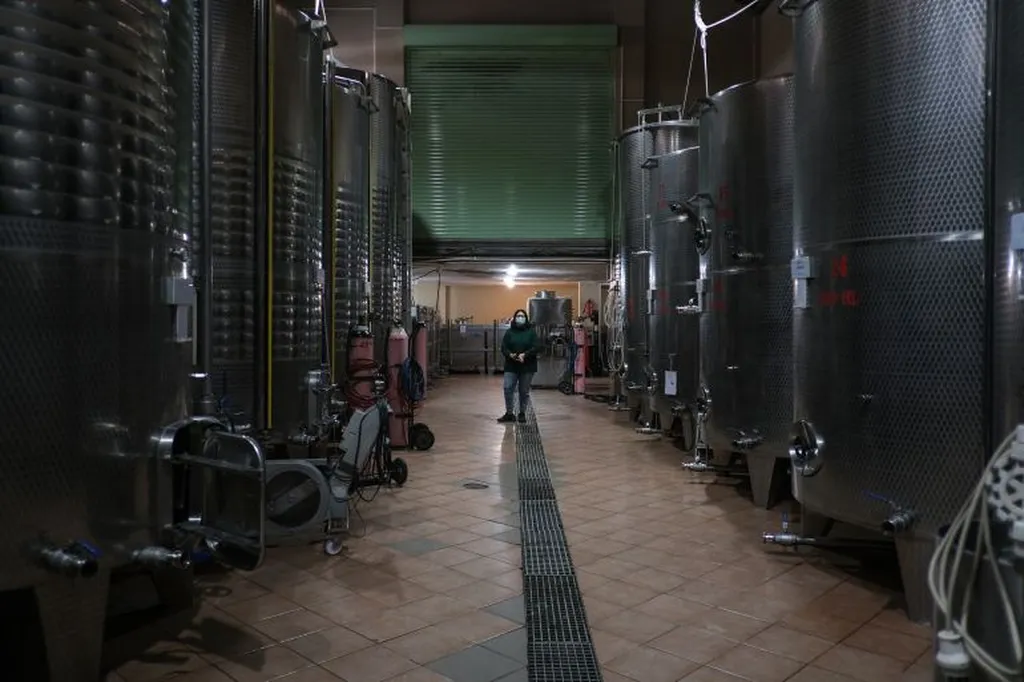In the rolling vineyards of Eastern Europe, a silent crisis is unfolding. Climate change, with its rising temperatures and erratic rainfall, is disrupting the delicate balance of viticulture, threatening the region’s wine industry and the livelihoods it supports. But as the challenges mount, so do the innovative solutions, with smart irrigation and water management strategies emerging as potential game-changers.
A recent review published in *Horticulturae* sheds light on these adaptive strategies, offering a beacon of hope for Eastern European vineyards. The review, led by Alina Constantina Florea from the National Research and Development Institute for Biotechnology in Horticulture in Romania, underscores the pressing need for intelligent irrigation management to combat water stress and preserve grape quality.
The review highlights the promise of Regulated Deficit Irrigation (RDI), a strategy that optimizes water use by deliberately limiting irrigation during specific growth stages. This approach not only conserves water but also enhances grape quality, a critical factor for the commercial success of Eastern European wines.
Moreover, the integration of smart agriculture technologies is revolutionizing water management in vineyards. Soil moisture sensors, automated weather stations, and remote sensing tools provide real-time data, enabling vineyard managers to make informed, precise decisions. “These technologies offer unprecedented insights into vineyard water status, allowing for proactive, rather than reactive, management,” Florea notes.
The commercial implications of these strategies are substantial. As climate variability continues to intensify, the ability to adapt and mitigate its impacts will be crucial for the competitiveness of Eastern European wines in the global market. By enhancing vineyard resilience and sustainability, these smart strategies can secure the future of the region’s viticulture industry.
The review also points to the broader potential of these technologies and strategies. As Florea explains, “The lessons learned from Eastern Europe can be applied to other viticultural regions worldwide, fostering a global exchange of knowledge and innovation.”
In the face of climate change, the future of Eastern European viticulture lies in adaptation and innovation. By embracing smart irrigation and water management strategies, the region’s vineyards can weather the storm, ensuring the continued production of high-quality wines and the prosperity of the industry. The research underscores the importance of proactive, data-driven approaches in securing the future of viticulture in an era of increasing climate variability.

